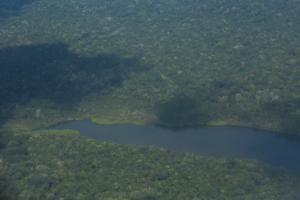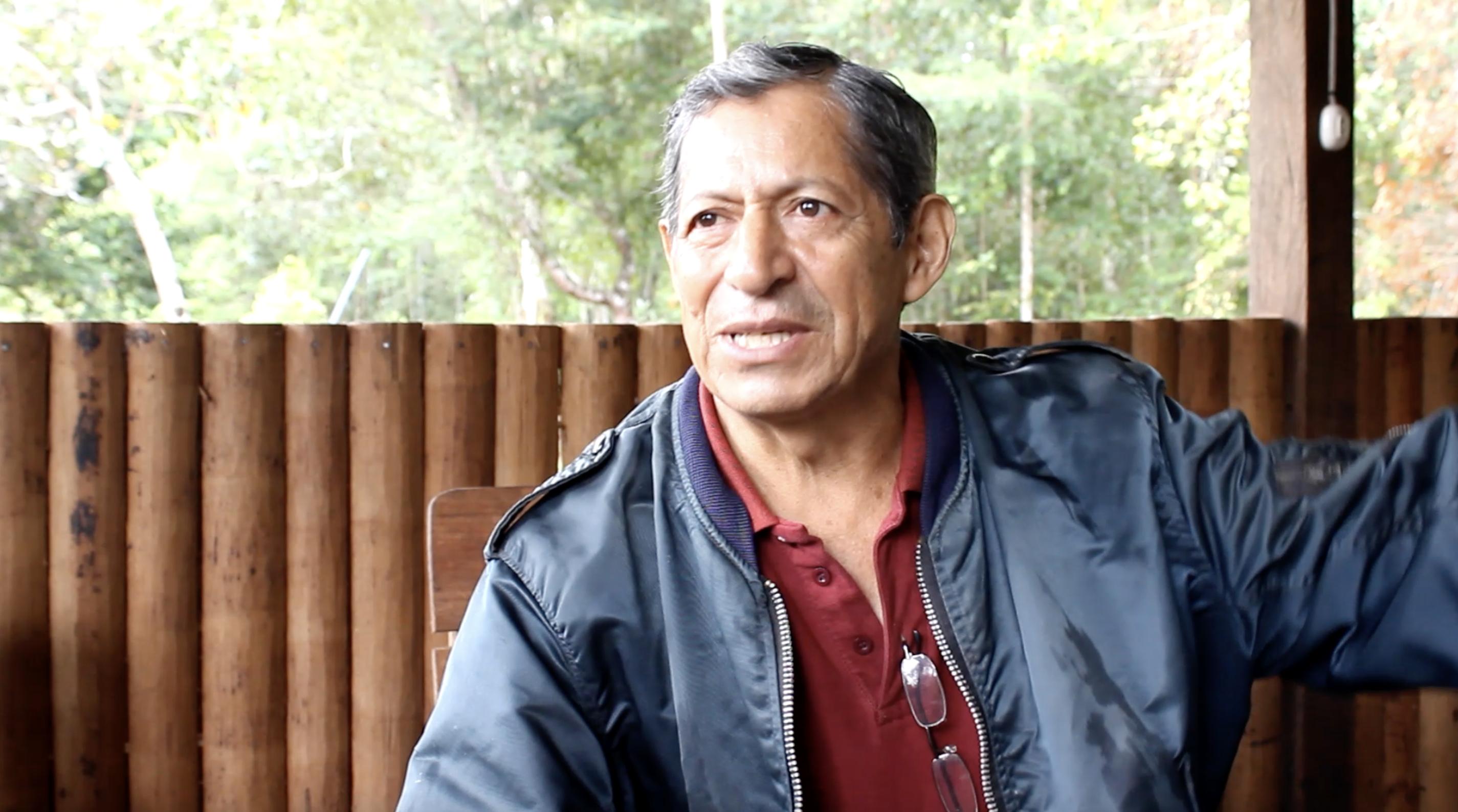Sixto Cruz Astudillo is the owner and manager of the Excelsa Tree House, a social enterprise and ecotourism centre located within the Tambopata National Reserve in Peru. Sixto has lived here for more than 30 years with his family, building his livelihood around the sustainable use of the forest’s natural resources. About five years ago, Sixto and his brother-in-law began working together to establish what they call ‘La Ruta de la Castaña’, or the Chestnut Route. The Chestnut is a very important species in this region of Peru. It is the most valuable commercial non-timber species, and also plays a key role in the ecosystem, providing a food source and shelter for many important species. The Chestnut Route was developed as a means of sharing with tourists the value in this species to the Amazon and its people.
After the success of La Ruta de la Castaña, Sixto and his brother partnered with local stakeholders, including the Peruvian project developer AIDER, to establish the Excelsa Tree House, an ecotourism centre along the route. Today, this serves as a centre for conservation education in the Tambopata National Reserve. Sixto and his team have built a hub of cabins for ecotourists coming to the forest to witness its natural beauty and the site also serves as a base for other conservation activities in the reserve.
For Sixto, the challenge that was presented was to create a scenario where the Chestnut and other forest resources were worth more standing than cut down. Forest resources in the Amazon are valuable commodities that can be exploited for profit. But for Sixto and his family, generations of knowledge about the forest and its wealth of resources, has always affirmed the need to conserve this critical ecosystem. The Excelsa Tree House is now proving this point, inviting visitors, scientists and conservationists from afar and generating incomes for local people through ecotourism.

AIDER, the Peruvian project developer who implements the Tambobata-Bahuaja Biodiversity Reserve REDD+ project, has been a critical partner in Sixto’s endeavours, helping not only to formalise his business but promote many of the activities that take place here. Studies into forest cats like Jaguars and Ocelotes, bee pollination programmes and the regeneration of degraded tree species are just some of the initiatives driven by the Excelsa Tree House that are helping to establish a flourishing business in conservation here in one of the world’s biodiversity hot spots.
It is because of the strength and perseverance of leaders like Sixto that conservation work is forging ahead in this region of the Amazon. “Forest conservation is extremely important,” says Sixto. “If our forests didn’t exist, life would end. Right now we are on an almost irremediable path towards a ravine, towards a tremendous abyss. The only way to be able to conserve and to live, to leave something to our grandchildren, to those who come after us, is to conserve the forests. And we can do this in many ways, like reforestation and supporting native bees, which are the fundamental basis for pollination and for the existence of trees. If we don’t work on this, if we don’t have that affection, that love for all that is nature, we are going to continue on this train wreck towards an abyss.”
